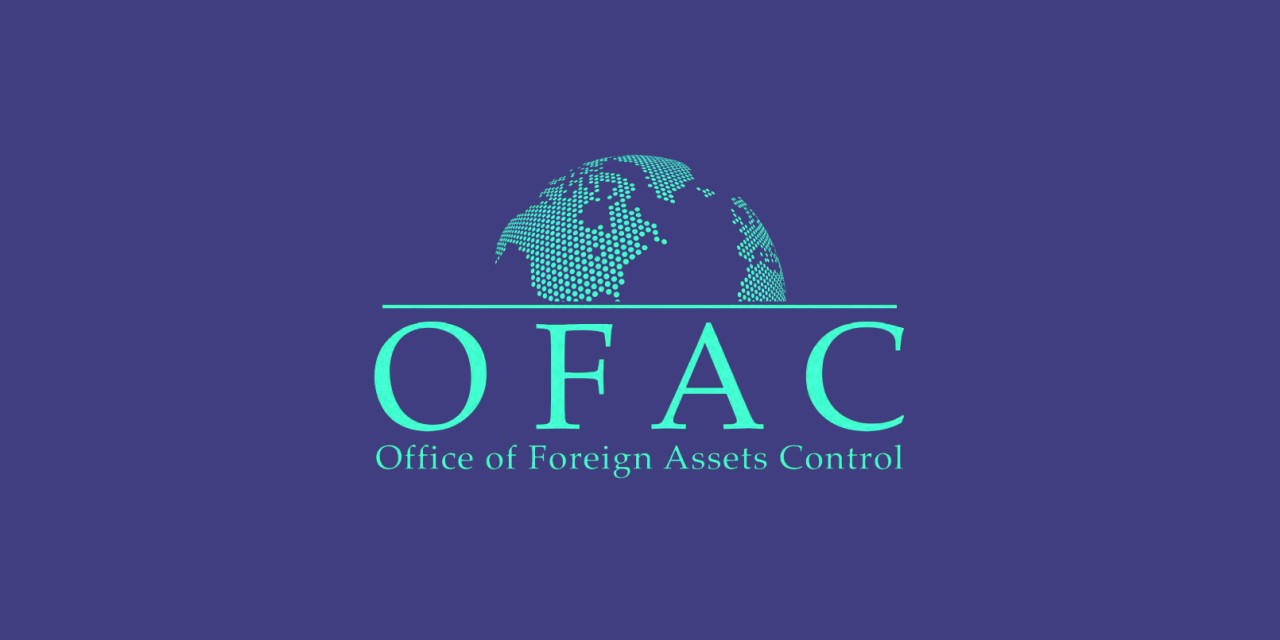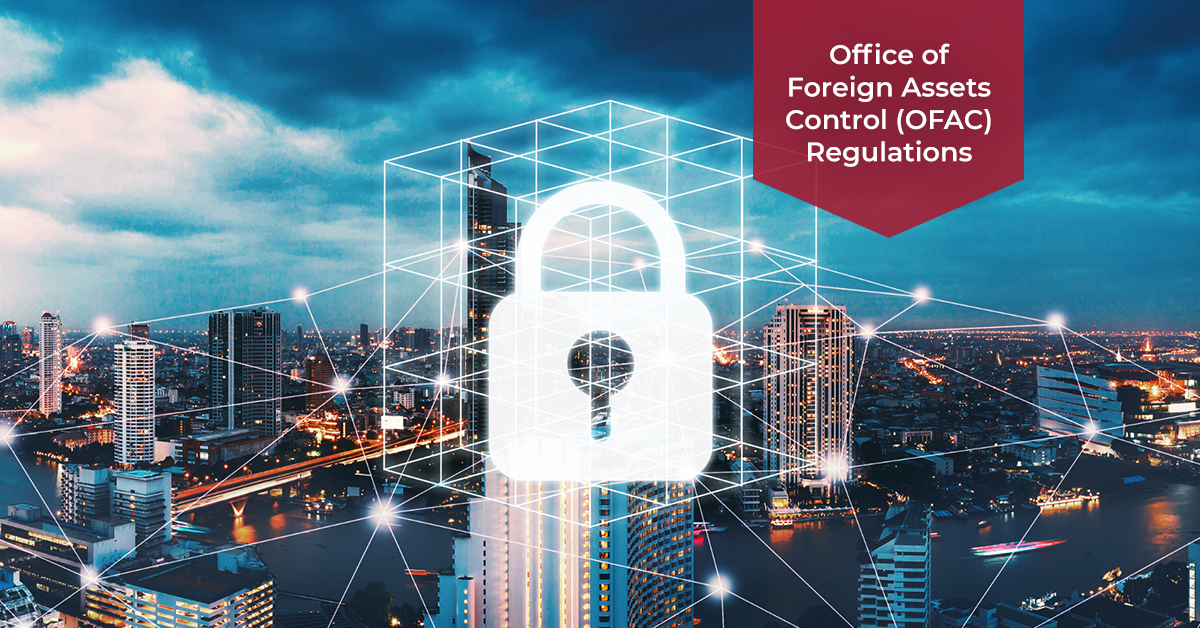OFAC Blocked Assets
The Office of Foreign Assets Control (OFAC) within the U.S. Department of the Treasury administers and enforces economic sanctions based on U.S. foreign policy and national security goals. As part of these sanctions, OFAC designates individuals, entities, and countries involved in activities threatening the United States and its allies. Under OFAC regulations, assets of these designated persons, entities, or regimes may be "blocked" or "frozen," restricting the transfer, withdrawal, or other movement of these funds. The term “OFAC Blocked Assets” refers to these restricted assets, which are under legal control to prevent their use in activities contrary to U.S. interests.

What is OFAC Blocked Assets?
OFAC Blocked Assets encompass any funds, property, or financial interests of designated individuals, organizations, or countries subject to U.S. sanctions. Under U.S. law, including the International Emergency Economic Powers Act (IEEPA) and the Trading with the Enemy Act (TWEA), persons and entities within U.S. jurisdiction are prohibited from conducting transactions with sanctioned parties. Blocked assets are essentially assets frozen by financial institutions, property custodians, or third parties obligated by OFAC to restrict access to any designated parties.
Blocked assets range from funds in bank accounts to real estate, shares, or contractual rights. Once blocked, these assets cannot be transferred, used, or accessed by the designated persons or entities until OFAC authorizes their release, typically through licensing procedures. OFAC’s blocking measures are part of broader strategies to isolate entities and individuals deemed a threat to U.S. security, ensuring that they cannot access financial systems or resources that may further destabilize global security.
Role of OFAC Licensing and Compliance
OFAC’s licensing system allows certain blocked assets to be accessed or used in specific, legally permitted circumstances. This licensing system serves as a crucial regulatory mechanism, enabling parties affected by blocked assets to apply for authorized use or release under defined conditions. OFAC licenses fall into two main categories: general licenses, which apply to all entities and persons in specific situations, and specific licenses, granted on a case-by-case basis.
A comprehensive OFAC compliance program is essential for entities that handle assets potentially subject to U.S. sanctions. Financial institutions, corporations, and legal professionals must ensure they understand the conditions under which OFAC grants licenses, the application process, and the legal obligations involved. Non-compliance can result in significant penalties, so entities often rely on OFAC compliance specialists or legal advisors to help navigate these complex regulatory requirements.

Application for the Release of Blocked Funds
The application for the release of blocked funds is a detailed legal process involving documentation and proof to demonstrate the basis for requesting access to the blocked assets. This petition typically requires submission to OFAC, detailing the nature of the blocked assets, the reasons for requesting release, and compliance with U.S. legal standards. Legal representation in these applications is highly recommended, as the process often involves substantial regulatory scrutiny.
Applicants seeking release must show a legitimate need, along with evidence that releasing the funds will not violate U.S. sanctions. This application process may involve demonstrating that the basis for the original designation no longer exists or that the funds will be used for humanitarian purposes or other permitted uses under OFAC general licenses. An OFAC compliance attorney can assist in preparing the necessary documentation, ensuring that all conditions for licensing are fully addressed to facilitate a favorable response from OFAC.
How to Identify Blocked Assets and Properties?
Identifying blocked assets is a critical step for compliance within U.S. financial institutions and businesses operating under OFAC regulations. These institutions are legally required to screen transactions, clients, and assets against the OFAC SDN (Specially Designated Nationals and Blocked Persons) list to identify connections with sanctioned parties. Typically, financial institutions use automated software for real-time screening of transactions to detect any interactions involving SDNs. If such a connection is flagged, the institution must take immediate steps to block the assets and report the blocking action to OFAC.
In cases where blocked assets involve non-financial property, entities must conduct due diligence to confirm the connection to sanctioned individuals or organizations. Properly identifying blocked assets requires careful verification of asset ownership, beneficiary designations, and the geographic source or connection of the assets to ensure they comply with OFAC guidelines. This identification process is vital for avoiding potential penalties and maintaining compliance with U.S. sanctions laws.
What to Do if You Find Blocked Property?
If an individual or entity identifies property or assets that may be subject to OFAC blocking regulations, they must act quickly to comply with U.S. sanctions laws. The entity must initiate a report to OFAC, documenting the nature and value of the property and explaining the rationale for the blocking action. This report is an essential component of OFAC compliance, as failure to report can result in severe penalties, including substantial fines or restrictions on business operations.
After identifying blocked property, the affected entity may seek legal guidance on whether an OFAC license is applicable for the situation. An experienced OFAC compliance lawyer can advise on the available legal options, including applying for specific licensing or advocating for asset release if the property is blocked based on misidentification or if it serves an allowable purpose under OFAC’s licensing guidelines.